
Shade in the garden might seem like a limitation, but the seasoned gardener knows this is just an opportunity to utilize plants that would wilt in a sunny spot.
As Andrew Bunting says in his article on shrubs for shade, there are plenty of options for bringing interest to your shade garden: “If you take a dim view of the shady spots in your garden, it may be because you haven’t found the right plants to make those areas shine. A few well-chosen shrubs can transform a shadowy area into a showcase, and there are more choices available than you might imagine.”
Find four picks for the Northwest below, and find even more shrubs for shade in Andrew’s article, 9 Great Shrubs for Shade.
1. ‘Picturata’ Aucuba

Name: Aucuba japonica ‘Picturata’
Zones: 7–10
Size: 5 to 6 feet tall and 4 to 5 feet wide in 10 years
Conditions: Partial to full shade; prefers well-drained soil but tolerates clay soil
Native range: China, Korea, Japan
A workhorse in a shade garden, aucuba adds bold texture and year-round interest while enduring less-than-ideal conditions. ‘Picturata’, with a bold splash of bright yellow in the center of each leaf, becomes an eye-catching beacon in any garden. This female clone will produce red berries if planted with a male selection, such as ‘Mr. Goldstrike’. Remove reversions of green or spotted foliage to preserve the true form.
2. Cascade Oregon Grape

Name: Mahonia nervosa
Zones: 6–9
Size: 2 feet tall and 4 to 6 feet wide
Conditions: Full sun to full shade; prefers well-drained soil but tolerates clay
Native range: Western North America
One of the West Coast’s most useful natives, Cascade Oregon grape forms whorls of deep green, evergreen pinnate leaves. In early spring, short spikes of fragrant golden yellow flowers nestle in the centers of the whorls, followed by edible but very tart blue-purple berries. Established plants form a lovely ground cover with an architectural feel.
3. Variegated False Holly

Name: Osmanthus heterophyllus ‘Variegatus’
Zones: 7–9
Size: 7 to 8 feet tall and 5 to 6 feet wide in 10 years; can eventually reach 12 to 15 feet
Conditions: Partial shade; well-drained soil with occasional watering during prolonged dry weather
Native range: Japan, Taiwan
Although this evergreen shrub looks like a holly, it is unrelated. The spiny foliage is dark green with creamy white splashed along the margins. Variegated false holly responds well to pruning and can be maintained as a hedge or allowed to grow into a picturesque large shrub to small tree. In autumn, tiny white flowers open, and a light, fresh fl oral fragrance wafts through the air at an unexpected time of the year. It is drought tolerant once established.
4. ‘Purple Stem’ Sweet Box

Name: Sarcococca hookeriana var. digyna ‘Purple Stem’
Zones: 6–9
Size: 3 feet tall and 4 to 5 feet wide
Conditions: Partial to full shade; well-drained soil with supplemental water during prolonged dry weather
Native range: China
The intense vanilla fragrance of sweet box makes it a staple for the winter garden. This graceful selection from a variable species sets itself apart from others with thin, willowy stems that are blushed deep purple. The delicate arching branches form a slow-spreading clump that can be a perfect skirt around trees and shrubs. The glossy evergreen foliage sparkles in dark shady areas, making this a must-have plant for woodland plantings.
Richie Steffen is executive director of the Elisabeth C. Miller Botanical Garden in Seattle.
Fine Gardening Recommended Products
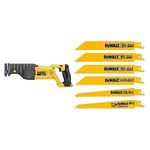
DeWalt Variable-Speed Cordless Reciprocating Saw with 6-Piece Saw Blade Set
Fine Gardening receives a commission for items purchased through links on this site, including Amazon Associates and other affiliate advertising programs.
- 18.31 x 6.13 x 4 inches
- 1-1/8-inch stroke length
- Variable speed trigger with 0-3000 spm
- DW4856 Metal/Woodcutting Reciprocating Saw Blade Set, 6-Piece
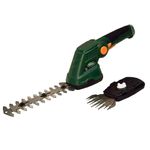
Scotts Cordless Grass-Shear/Shrub-Trimmer Combo
Fine Gardening receives a commission for items purchased through links on this site, including Amazon Associates and other affiliate advertising programs.
- 13.5 x 3 x 5 inches
- Uses a 7.2-Volt 2Ah high-capacity built-in lithium-ion battery; Includes a fast charger
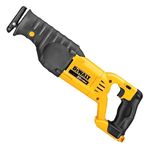
DeWalt Variable-Speed Cordless Reciprocating Saw
Fine Gardening receives a commission for items purchased through links on this site, including Amazon Associates and other affiliate advertising programs.
- 18.31 x 6.13 x 4 inches
- 1-1/8-inch stroke length
- Variable speed trigger with 0-3000 spm




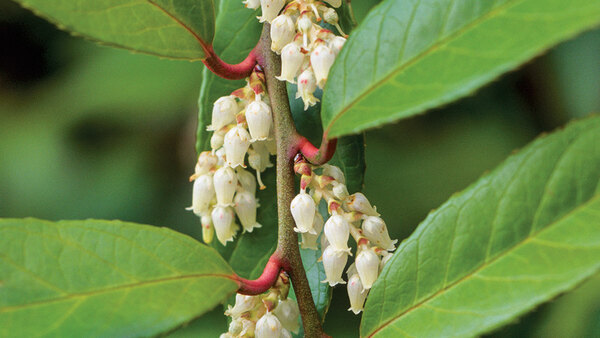
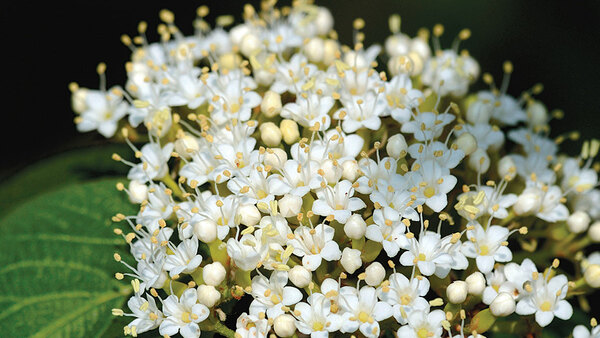
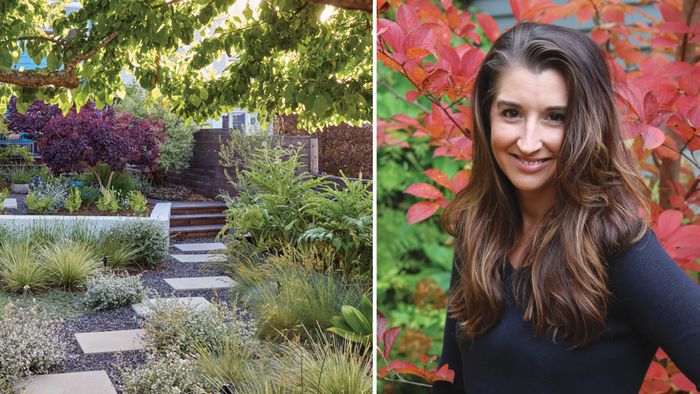
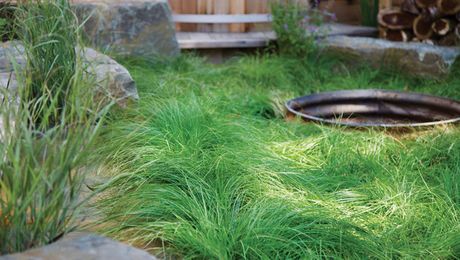
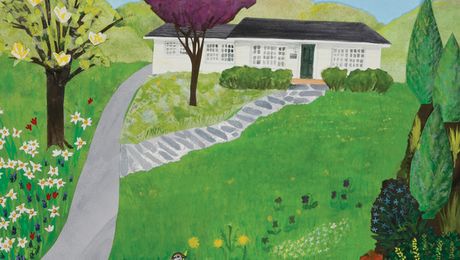










Comments
Log in or create an account to post a comment.
Sign up Log in